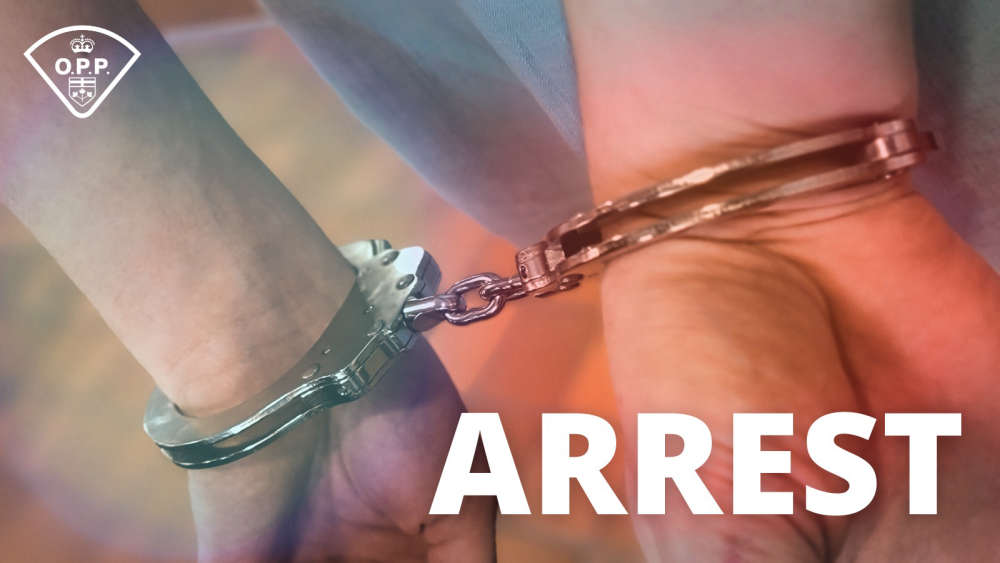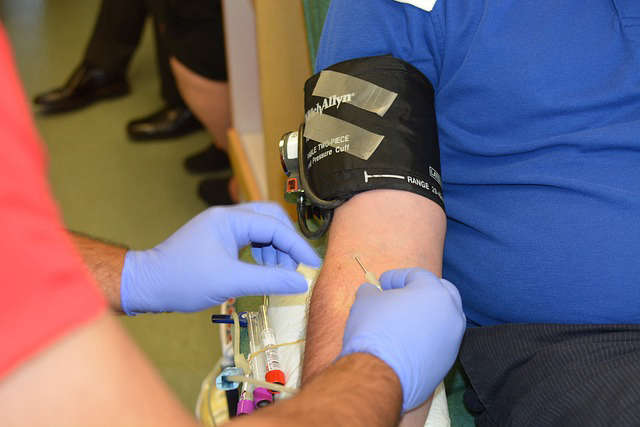
Last year Canadian victims lost over $17 million dollars in Valentines Day or Romance scams.
OPP are reminding everyone to be cautioous of Valentines or Romance scams today.
In 2017 alone, Canadian victims lost over $17 million to scammers pretending to be in love. The scam usually starts online through social media or dating web sites. Scammers will spend weeks, even months building a relationship online to gain your trust. Once they have that, they will look to get access to your money, bank accounts or credit cards.
In some cases the suspect will even attempt to get the victim to commit fraud on their behalf, as a money mule (accepting, then transferring money or goods) often unknowingly. Most romance scams begin via social media sites or online dating sites.
How can I protect myself or loved one?
- Be suspicious when someone you haven't met in person professes their love to you. Ask yourself - would someone I've never met really declare their love after only a few emails?
- Be wary when someone you meet on social media wants to quickly move to a private mode of communication (email, text).
- If trying to set up an in-person meeting, be suspicious if they always have an excuse to not meet. If you do actually set up a meeting - tell family and friends when and where you're going and meet in a local, public place.
- Do not share personal (birthdate, address) or financial information with anyone you've only just met online or in person.
- Never send intimate photos or video of yourself. The scammer may try to use these to blackmail you into sending money.
- Be cautious when conversing with an individual that claims to live close to you but is working overseas.
- Never under any circumstance send money for any reason. The scammer will make it seem like an emergency, they may even express distress or anger to make you feel guilty but DO NOT send money.
- Should you be asked to accept money (e-transfer, cheque) or goods (usually electronics) for you to then transfer/send elsewhere, do not accept to do so. This is usually a form of money laundering which is a criminal offence.
- If you suspect a loved one may be a victim of a romance scam - based on any of the above points - explain the concerns and risks to them and help them get out of the situation.
Investigate:
- Do an image search of the admirer to see if their photo has been taken from a stock photo site or someone else's online profile;
- Look for inconsistencies in their online profile vs. what they tell you;
- Watch for poorly written, vague messages, sometimes even addressing you by the wrong name - often scammers are working several victims at once
- If you have transferred money, stop the transaction if possible
How should I respond?
- If you did send money or shared financial information, report it to the financial institution used e.g. your bank, Western Union, MoneyGram.
- Gather all information pertaining to the situation, including the scammer's profile name, how you made contact, social media screenshots, emails, etc. and contact your local police.
- File a report with the CAFC toll-free at 1-888-495-8501 or online www.antifraudcentre.ca.
- Notify the dating website or social media site where you met the scammer. Scammers usually have more than one account. Be pro-active; tell family, friends, coworkers and neighbours about your experience to warn them about romance scams.



 County Discusses Safety Concerns During Pride Events
County Discusses Safety Concerns During Pride Events
 BBBS of Oxford Calling for Mentors
BBBS of Oxford Calling for Mentors
 OCNVA Preparing for Battle of the Atlantic Commemoration
OCNVA Preparing for Battle of the Atlantic Commemoration
 Woodstock Sports Fields Not Open Yet
Woodstock Sports Fields Not Open Yet
 Sister Cities Logo Finalists
Sister Cities Logo Finalists
 New Coaches Coming to Tavistock Braves
New Coaches Coming to Tavistock Braves
 Norfolk OPP Investigation Leads to Charge
Norfolk OPP Investigation Leads to Charge
 U14 Girls Oxford Attack Continue Season
U14 Girls Oxford Attack Continue Season
 Province Increasing Speed Limit on 10 Sections of Highways
Province Increasing Speed Limit on 10 Sections of Highways
 EZT Strategic Plan Survey Closing Soon
EZT Strategic Plan Survey Closing Soon
 Realtors Care Food Drives Returns!
Realtors Care Food Drives Returns!
 Plattsville Celebrates New Housing Complex
Plattsville Celebrates New Housing Complex
 Two Have Licence Suspensions in Oxford
Two Have Licence Suspensions in Oxford
 False 9-1-1 Calls Hit Norfolk County
False 9-1-1 Calls Hit Norfolk County
 Woodstock Choralaires Hosting 70s Themed Show
Woodstock Choralaires Hosting 70s Themed Show
 Thamesford Tim Hortons Accepting Smile Cookie Preorders
Thamesford Tim Hortons Accepting Smile Cookie Preorders
 Three Vehicle Crash Investigation in Brant
Three Vehicle Crash Investigation in Brant
 News Poll: Blood Donation
News Poll: Blood Donation
 WCI Red Players Present: Concert for the Cure 2024
WCI Red Players Present: Concert for the Cure 2024
 Oxford Resident Charged with Shoplifting
Oxford Resident Charged with Shoplifting



Comments
Add a comment